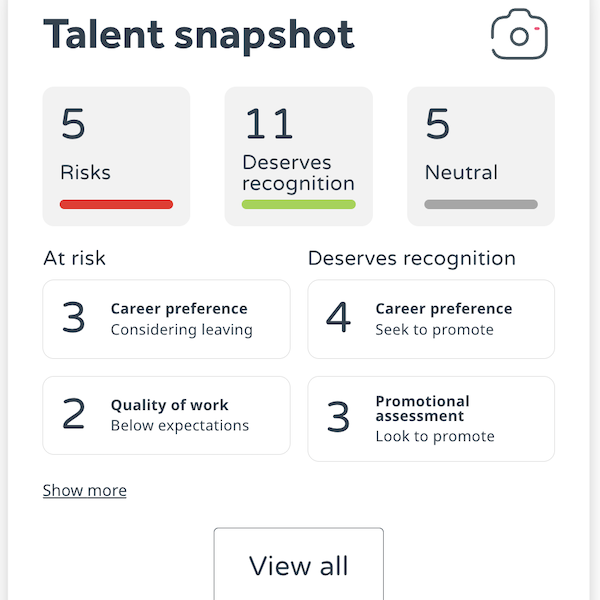The HRD Summit at the ICC in Birmingham is the most senior gathering of HR Directors in Europe, and WeThrive was proud to be there, in the exhibition hall and running a standing-room only session on Stress.
We all know there is a wind of change blowing through the world of work, with generational changes forcing increased attention on individual experience and making old-style business-wide processes less relevant, but this year’s conference programme brought this change into really sharp focus.
The opening keynote by Linda Gratton and Tammy Erickson was fascinating: people are living longer and so everyone will have different expectations of work, not just the new entrants. Older staff will phase themselves out of work rather than retire, robots will take over many roles and the whole organisation will become much more fluid. In among all of this the key reason for being at work is changing – as they put it, “meaning is the new money”. WeThrive users will recognise the significance of this, and will already know how much of that ‘new money’ their staff get from their work.
Ruth Penfold of Shazam said that leaders must really listen to their staff: “Shazam’s recruitment and retention strategy is like a relationship”, she said, because it involves “finding common ground, making people feel valued, being consistent, and having a shared sense of purpose”.
Google seems to be among the leaders in the new turn that work is taking, as might be expected – their Chuck Stephens pointed out that individual experience is becoming more and more important, and that companies have to figure out motivation at the individual level, not across a group.
The award for the best single quote of the conference has to go to Jens Hofma, CEO of Pizza Hut. Jens is responsible for a huge turnaround programme aimed at getting the brand back into profitability in a hugely competitive sector. He regularly swaps his suit for a company uniform and waits at table because the management has to have a real sense of what it is like to work at the coal-face of the business:
“Our customers will never be happier than the staff who work here”.
The overall feeling we got from the conference programme and the dozens of face-to-face meetings we had with delegates is that the old days of a single plan for ‘doing the people stuff’ are going fast. What comes next will have to be much more flexible and adaptive to the needs of the organisation and staff, and that means the data that WeThrive gathers – who is feeling what and why, and what can you do about it – will have a central place in the new world.

